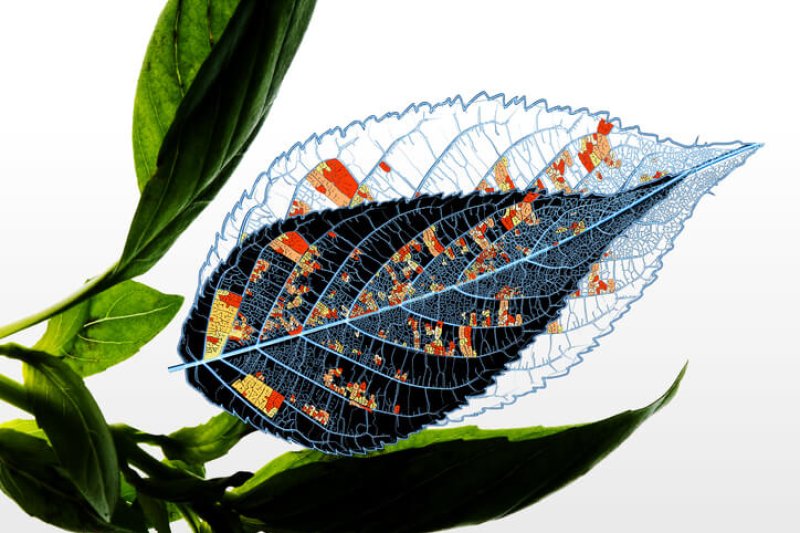On 24 July 2019, Boris Johnson stood outside 10 Downing Street and delivered his first speech as prime minister. Among the many pledges he made was a promise that he was going “to liberate the UK’s extraordinary bioscience sector from anti-genetic modification rules.” Such a move would allow the nation to “develop the blight-resistant crops that will feed the world,” he added.
Almost three years later, Johnson’s government has eventually got round to outlining, in last week’s Queen’s speech, how it hopes to achieve this goal. This will be done through the forthcoming genetic technology (precision breeding) bill.
[T]he new bill will create a regulatory regime for plants and animals that “have genetic changes that could have arisen through traditional breeding or natural processes.”. That definition would allow gene-edited crops and animals to be raised on UK farms but not those derived from GM techniques.
Thus crop varieties are still going to be regulated not on their properties, but on the method used to create them. “Regulation of genetic technologies should be based on the outcome of any genetic changes rather than the current focus on the technology used to make a genetic change,” warned Prof Dame Linda Partridge, vice-president of the Royal Society.
This point was backed by Prof Johnathan Napier, of Rothamsted Research. “The problem is that GM is a more powerful technology. There are some things that gene editing cannot do but GM can, and that is going to be a problem if we want to develop new strains of crops that can withstand droughts and heatwaves and also provide us with new sources of nutrition.”
As an example, Napier pointed to his team’s work in creating plants that make omega-3 fatty acids. These nutrients have been shown to help prevent heart disease and stroke, and may also play protective roles in cancer and other conditions. The world’s principal source of omega-3 nutrients is fish, but as global stocks dwindle, the planet faces a critical shortage.
“Our omega-3 crops have been trialled and tested and would be a solution but are considered tainted because they were created using GM techniques,” added Napier. “We need the government to kickstart a new approach to plant science. This bill should be seen as just a start to that process.”































